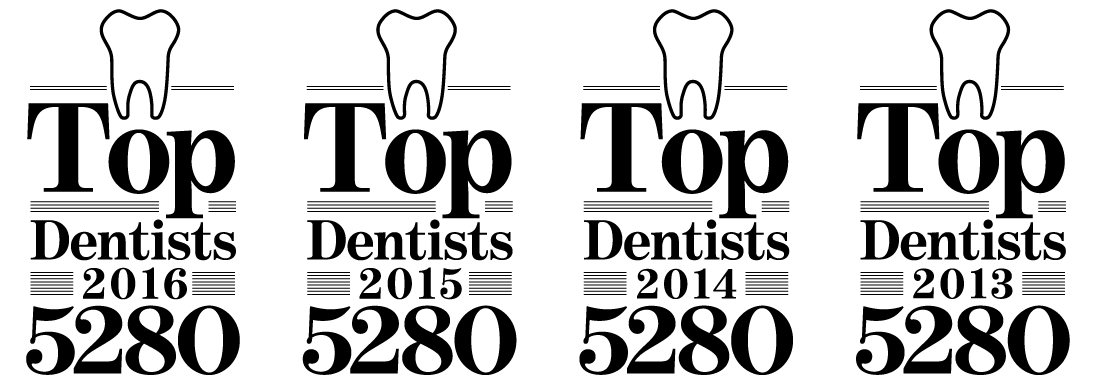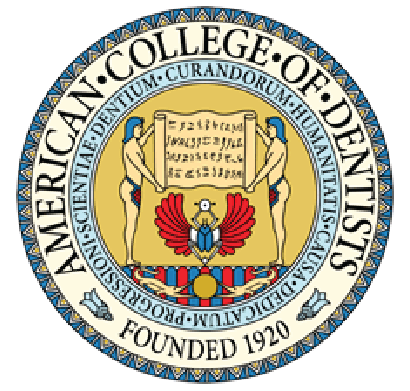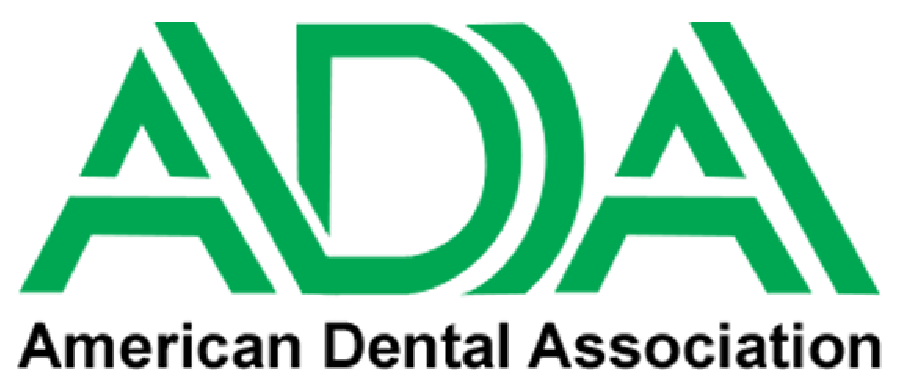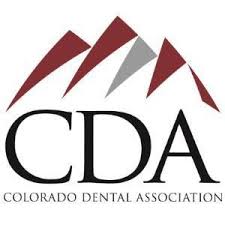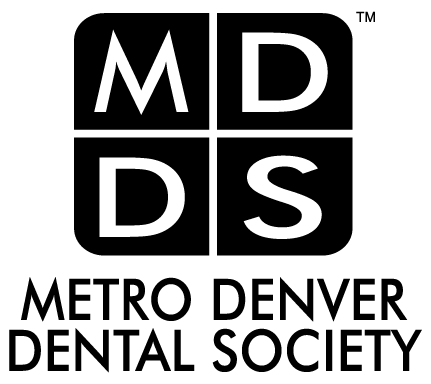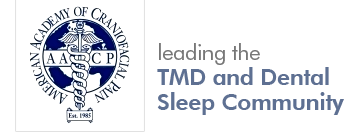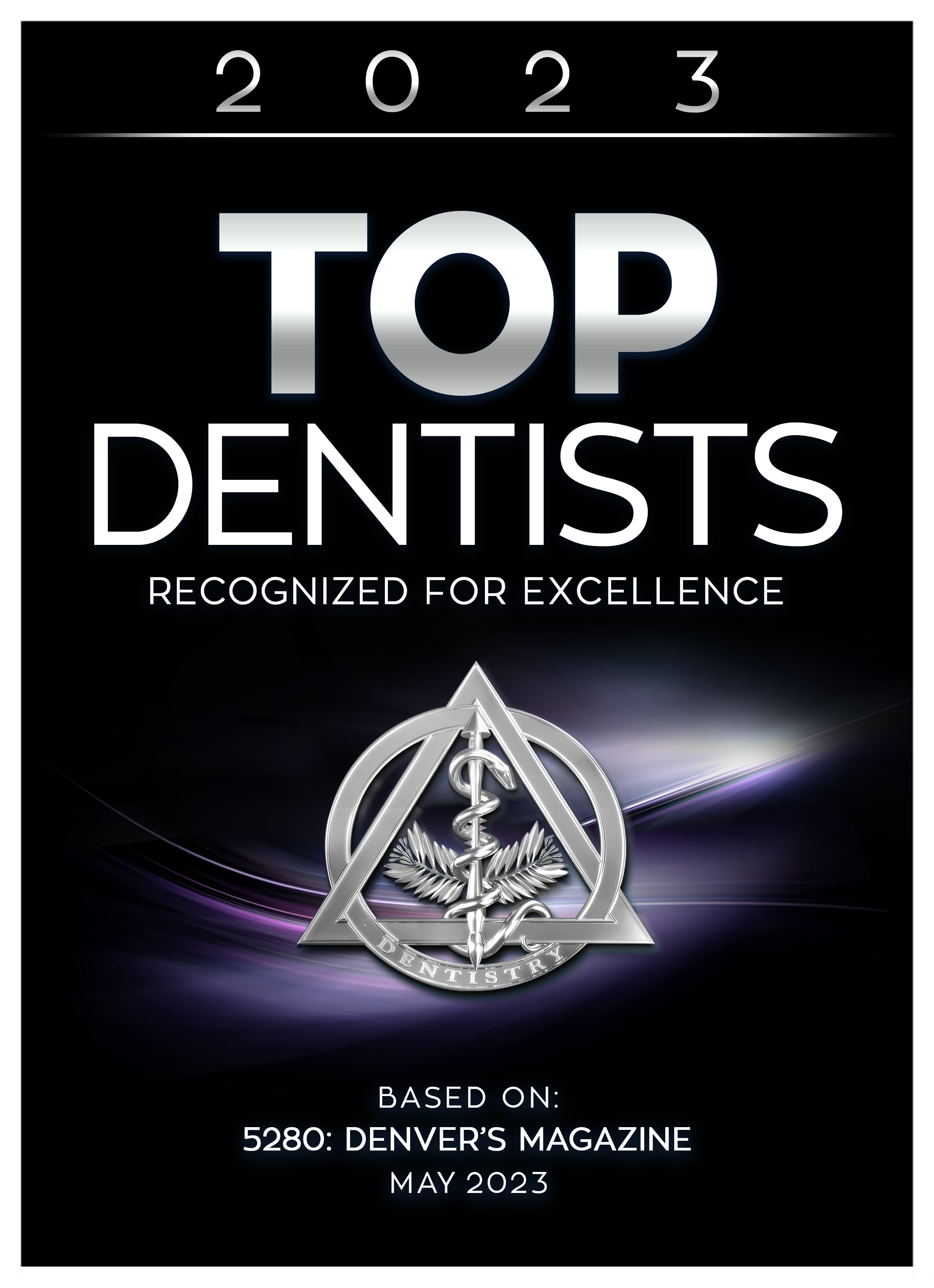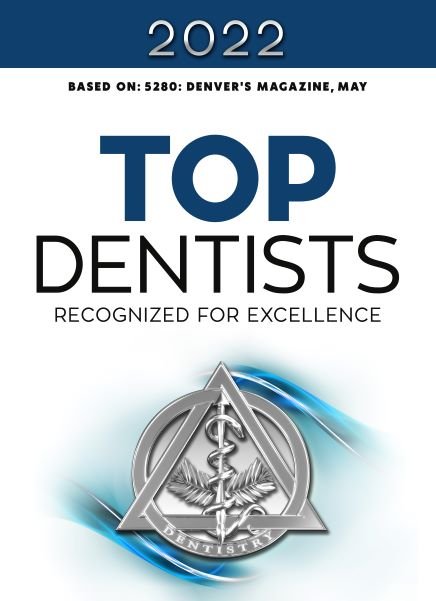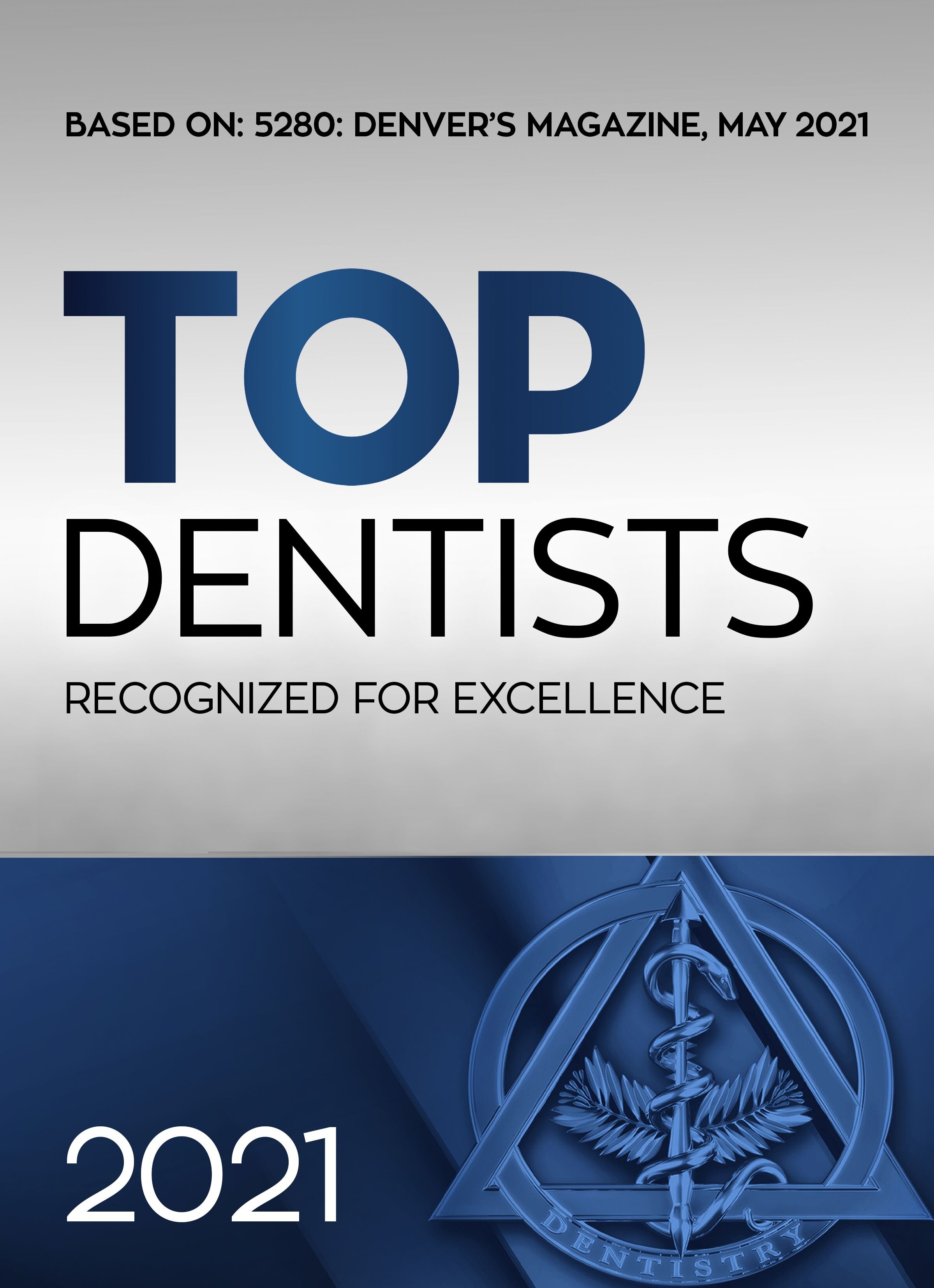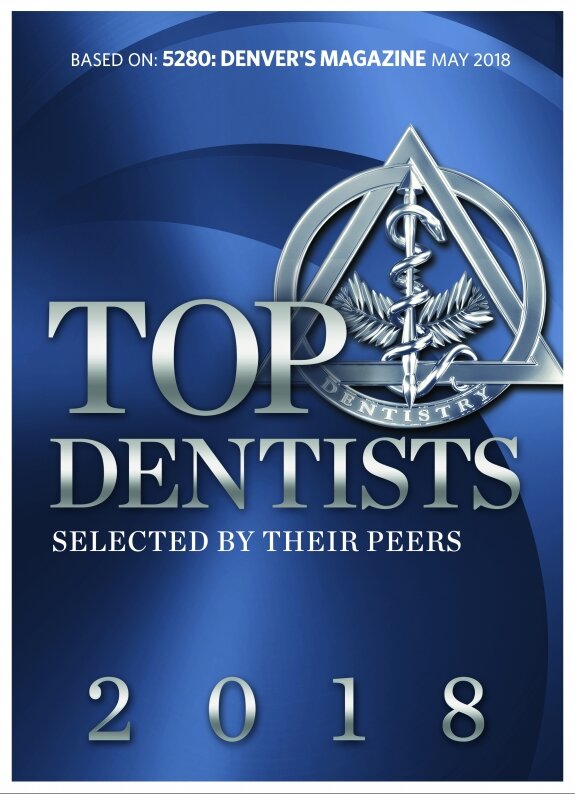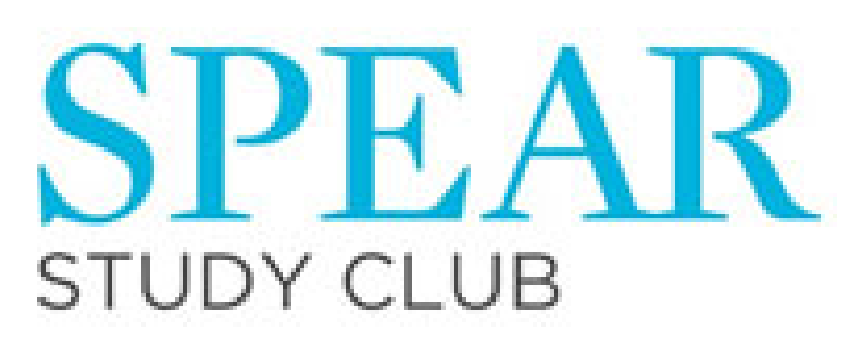Obstructive Sleep Apnea & Snoring Disorders
Obstructive Sleep Apnea is characterized by having one or more pauses in breathing effort or airflow during sleep. Each pause, called an apnea, can last from a few seconds to more than a minute, and may occur many times per hour resulting in reduced oxygen to the brain and heart.
Individuals with sleep apnea are often unaware that these events are occurring during sleep. Symptoms may be present for years or even decades without identification, during which time the sufferer may become conditioned to the associated daytime sleepiness and fatigue. Individuals with sleep apnea most commonly experience the following symptoms:
Snoring
Daytime Sleepiness
Morning Headaches
Nocturnal grinding of teeth
High Blood pressure
Memory impairment
Difficulty losing weight
Sleep Apnea is associated with an increased risk of heart attack, stroke, high blood pressure, cardiac arrhythmias, diabetes, and sleep-deprived driving accidents.
Sleep Apnea is diagnosed with a sleep study which can take place in the home or in the sleep lab. Recommended treatment options include CPAP, oral appliances, positional therapy, and surgery.
Snoring
Statistics estimate that up to 60% of the general public may snore. Snoring is the vibration of respiratory structures and the resulting sound, due to obstructed air movement during breathing while sleeping. Snoring usually indicates obstructions in breathing, which may vary in severity. These obstructions usually result from one of the following:
Airway weakness, causing the airway to close during sleep
Malpositioned jaw, often caused by tension in the muscles
Fat gathering in and around the airway
Obstruction in the nasal passages
Relaxants such as alcohol or drugs relaxing airway muscles
Sleeping on one’s back, which may result in the tongue dropping to the back of the airway.
Recent research is suggesting that snoring may pose a negative impact on health. Recommended treatment options for snoring include oral appliances, CPAP and positional sleep therapy.

